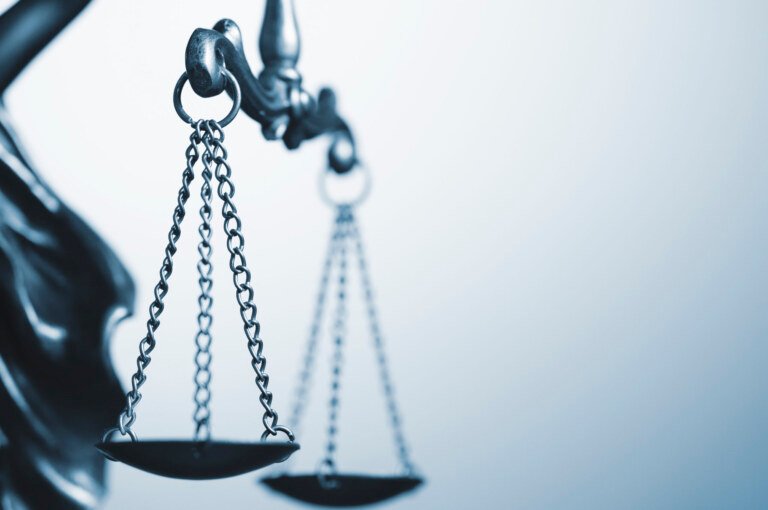The UAE Bankruptcy Law applies to commercial companies, the major portion of the free zone firms, and civil enterprises that are professional businesses. It also applies to governmental organizations not established under CCL and individual establishments. In response to certain complaints leveled under the previous regime, a Financial Committee has been established under UAE Bankruptcy Law to supervise the enforcement of the legislation – the committee is charged with ensuring that the method for restructuring according to the most recent legislation is commercial, industry-focused, and contemporary.
A company that is unable to repay its outstanding obligations/duties is referred to as being bankrupt. The procedure of bankruptcy begins with a petition filed by the debtor, which is typically the case, or on behalf of creditors, which is uncommon. The assets of the borrowers are determined and evaluated, and these assets may be used to offset a portion of company obligations. The bankrupt gets another chance to start over by discharging debts that can’t normally be paid while providing creditors an opportunity to obtain some kind of compensation based on the business’ available assets for liquidation. In the abstract, having the ability to file bankruptcy can help the overall economy by providing businesses with a second chance by allowing creditors to receive debt repayment and have access to consumer credit.

If you’re facing the final option or pis aller in this situation, you’ll need to file bankruptcy in court. It is essential to declare yourself bankrupt, which is the only proper procedure for resolving your financial problems. However, the method of filing for Bankruptcy is simpler said than done. When you file for bankruptcy, the court will ask you to explain how you got yourself into this financial mess. Meanwhile, the debtor will be asked to submit a full list of assets and remaining debts to the court.
The UAE’s new bankruptcy legislation has been made public in the Official Gazette. On September 29, 2016, Law 9 of 2016 was published in the Official Gazette and went into force on December 29, 2016. The bill aims to rationalize and renovate the bankruptcy procedures available in the UAE for onshore firms in accordance with international best practices while also holding responsibility for directors of bankrupt enterprises. The bankruptcy laws of the Emirates have historically been based on French civil law principles, in accordance with other aspects of UAE legislation. Federal Decree-Law No. 9/2016 has also incorporated contemporary French law mechanisms, as well as best practices from German, US, and English bankruptcy legislation without disregarding fundamental concepts. The requirements of the Federal Decree-Law No. 9/2016 apply to businesses incorporated in accordance with the UAE Commercial Companies Law (Federal Law No. 2/2015), corporate entities, and individuals trading for profit (such as accountants and attorneys). However, there are several exemptions, including government agencies and businesses incorporated within free zones (such as the DIFC and ADGM) that have their own all-encompassing bankruptcy legislation with composition, restructure, or liquidation processes.
Entities that are completely or partially owned by the local or Federal government but are not established in accordance with the Federal Law No. 2/2015 may want to opt into Decree-Law No. 9/2016 in conformity with their constitutional documents if they meet certain conditions.
In the UAE, there is a slew of economic firms created as decree companies who have varying degrees of state holdings ranging from direct to indirect or total beneficial ownership stakes. The term “government entity” is undefined in UAE legislation, so it’s unclear if decree-formed commercial enterprises that are indirectly held through government-owned investment are considered ‘governmental entities.
Businesses that are in critical conditions and will soon become insolvent may qualify for short-term finance to help them delay payments like bank loans, vendor bills, and other obligations for one year or three years. The business gets a new start and is given a boost (Bankruptcy – Protective Composition).
Business organizations with mounting financial problems and a government yet to be reconstructed will get aid from the Court. So, corporate firms may take three years to repay their existing liabilities and receive new financial assistance for business re-structuring (Bankruptcy – Restructure).
In legal procedures, businesses that have been closed or discontinued as a result of an economic catastrophe may utilize bankruptcy proceedings for liquidation and settle all business debts (Liquidation – Bankruptcy).
Even if a company is closed for an extended period of time, utilizing bankruptcy in a lawful manner may assist you in writing down all obligations, dues, and liabilities while still liquidating the firm in the correct way.
Individuals who are engaged in commercial enterprises, managers, directors, and other such individuals can utilize this bankruptcy alternative to get out of all the company problems and legal difficulties.
Those commercial firms, the owner/director/manager of the firm businesses, are relieved from all legal issues when they file Bankruptcy before the court. All prior cases are being revoked, therefore the proprietors/directors/managers are no longer subjected to any sort of claims, such as criminal, civil, commercial, or other. A bankruptcy case winner is not permitted to start a new business for the next three years, but he or she will be able to stay on any work visa in the UAE and continue working as long as he or she chooses.
Obviously, if all liabilities are going to be settled well, the businessman can wave aside all of them from his shoulders; nevertheless, there’s a catch: the bankrupt individual will not be allowed to start any kind of company for the next three years after the date of judgment.



